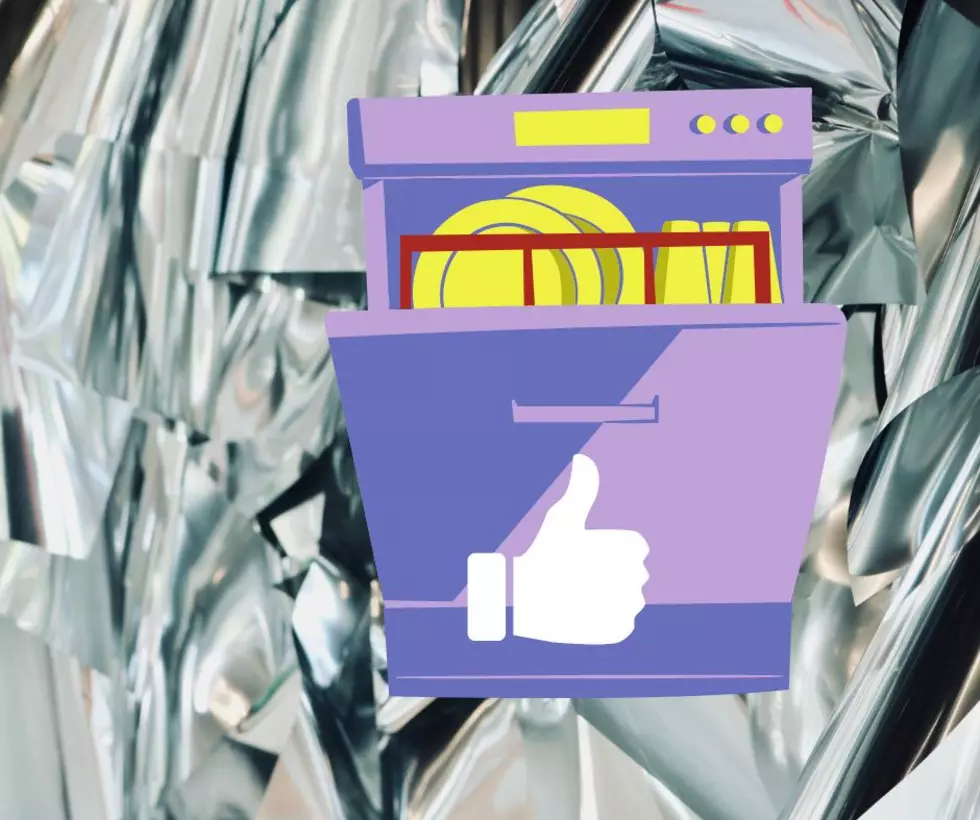From Cocaine to Jail: An exclusive inside the Monmouth County Correctional Institution
As the drug epidemic wreaking havoc at the Jersey Shore continues to get worse year after year, in inmate at the Monmouth County Correctional Institute talks with us about what got him hooked on Day Two of our series on Incarcerated Life.
Day Two of the series dives more into why 39-year old Joe Arroyo has spent so much time in prison, how peer pressure was his downfall in unleashing the drug demons within, how he would fear for life when meeting someone to get cocaine to feed his habit and why it's hard for those arrested and charged on drug offenses to find a job.
He has been in his current stay at the MCCI since September 4, 2018 for violation of drug court.
Arroyo has battled an addiction to cocaine for nearly half-his life after dropping out of high school as a teen in Long Branch to do drugs and hang out with who he called the 'cool guys'.
Peer pressure had a lot to do with Arroyo trying cocaine in the first place.
"You want to be apart of the 'cool crowd' and you see people doing things and one thing leads to another and before you know it, you're hooked," Arroyo said.
That sent him into the throngs of addiction and arrests on possession charges that he's been battling ever since.
"I went through a lot of ups and downs with that and am still fighting it everyday," Arroyo said. "I have to go to the NA meetings and rehab (inside the MCCI) where they give you the tools on how to go through life being an addict which helps you."
As he has gone in and out of prison since the late 1990's, he has continued to chase the powder even in the face of danger.
To watch a drug deal portrayed in a movie or on TV is one thing but to hear a description of what it's like from someone whose been there may give you the chills.
"Some people you know, some people you don't know, so it's always scary, it's always a risk because you never know what's going to happen. Are you going to get robbed? Is the guy going to try and shoot you and take your stuff? You never know," Arroyo said. "It's always very scary."
There have been many times where he feared for his life meeting with someone to get cocaine.
Family members and even friends are often surprised to learn a loved one is abusing drugs because that person has hid their habit so well, they're living a double life.
"You always have to stay one step ahead of them (family) and make sure you don't come in looking like you're under the influence or anything," Arroyo said.
He says once you start doing drugs, it's hard to stop and you start to push those close to you far away.
"Once you get into it, addiction takes you over and it's like you just don't care anymore about your family members and your running full steam down the tracks with the addiction," Arroyo said. "Once addiction grabs you, you're just along for the ride at that point."
Some of the symptoms he has endured while abusing cocaine have included weight loss and sleepless nights.
He said he was always looking over his shoulder to see if he was being followed by the police.
If you have a criminal record, it's hard to get a job if you've been arrested on drug charges.
Many get clean but end up relapsing because they need a way to make money and can't find a job so they sell drugs again.
Arroyo says he's been there too and it's a vicious cycle to be in.
"You have to pick up all the jobs that no one really wants to do or off the book jobs," Arroyo said. "It's a vicious cycle and then you go back to selling drugs and you're right back to using again."
He said he lied on a job application once and ended up getting fired two weeks later when his boss found out about it.
After that it was about getting the jobs nobody wants.
"Now it's more easier for me to find a job, but I know I'm never going to get the 9-5 behind the desk jobs so I have to do jobs like construction work, labor or under the table jobs...which isn't bad at all either," Arroyo said.
Finding a job has become a little easier over the last couple of years in New Jersey for inmates being released from prison or someone with a criminal record due to the 'ban the box' law that took effect in 2015 by the Governor Chris Christie.
The law states that Garden State employers with 15 or more workers cannot inquire about a job applicant's criminal history until completion of an initial interview.
That means no background checks and no applications that ask, "Have you ever been convicted of a crime?".
*On Day Three of our series on incarcerated life, we get an in-depth look at the rehabilitation process for inmates at the Monmouth County Correctional Institution.
More From 92.7 WOBM









